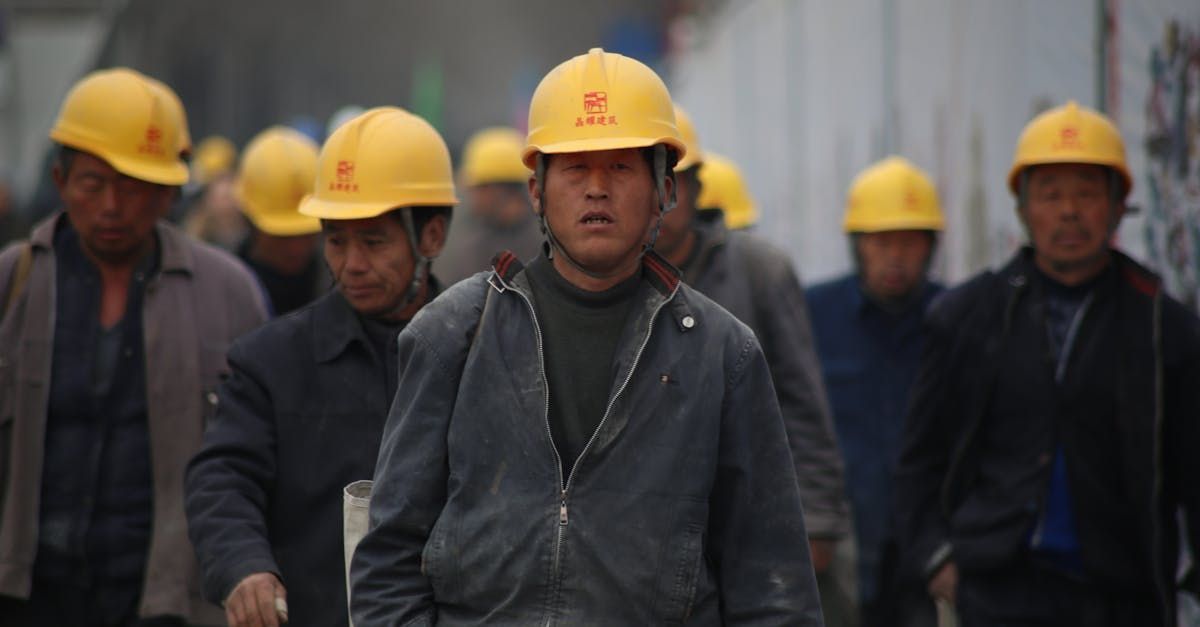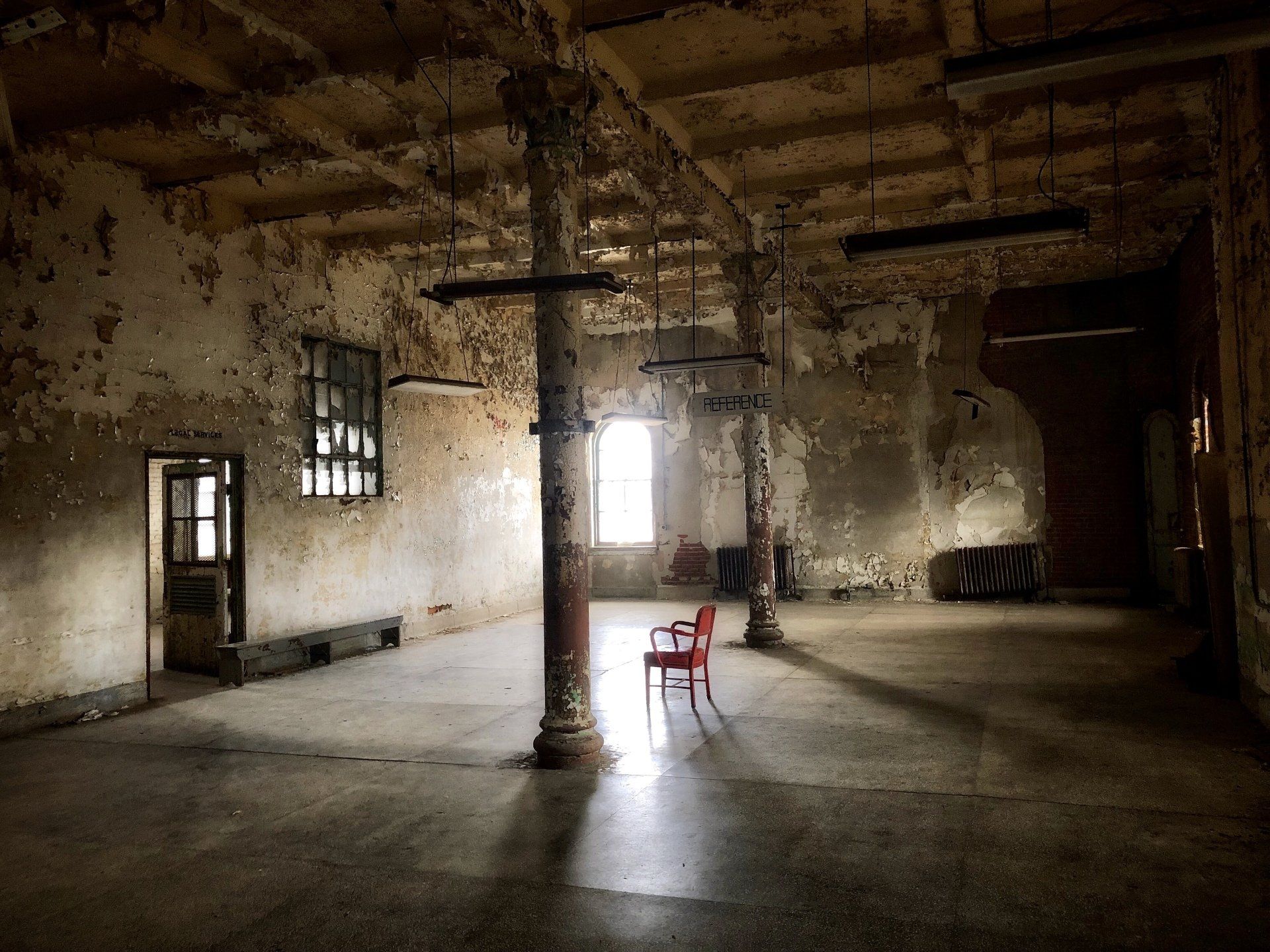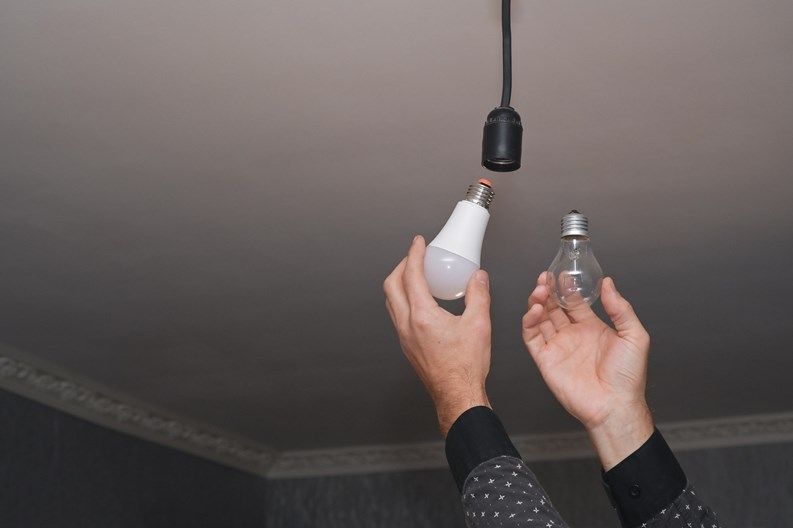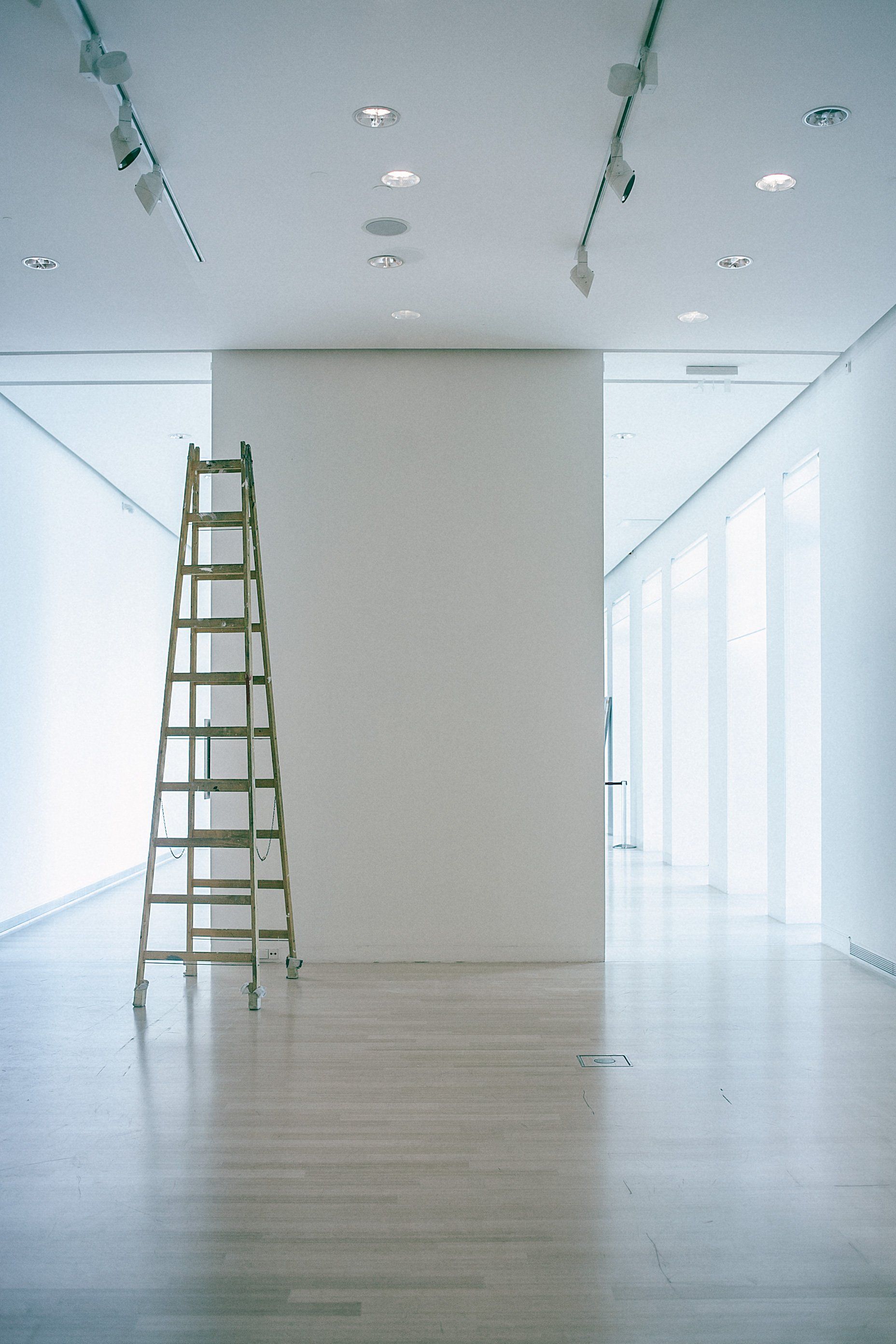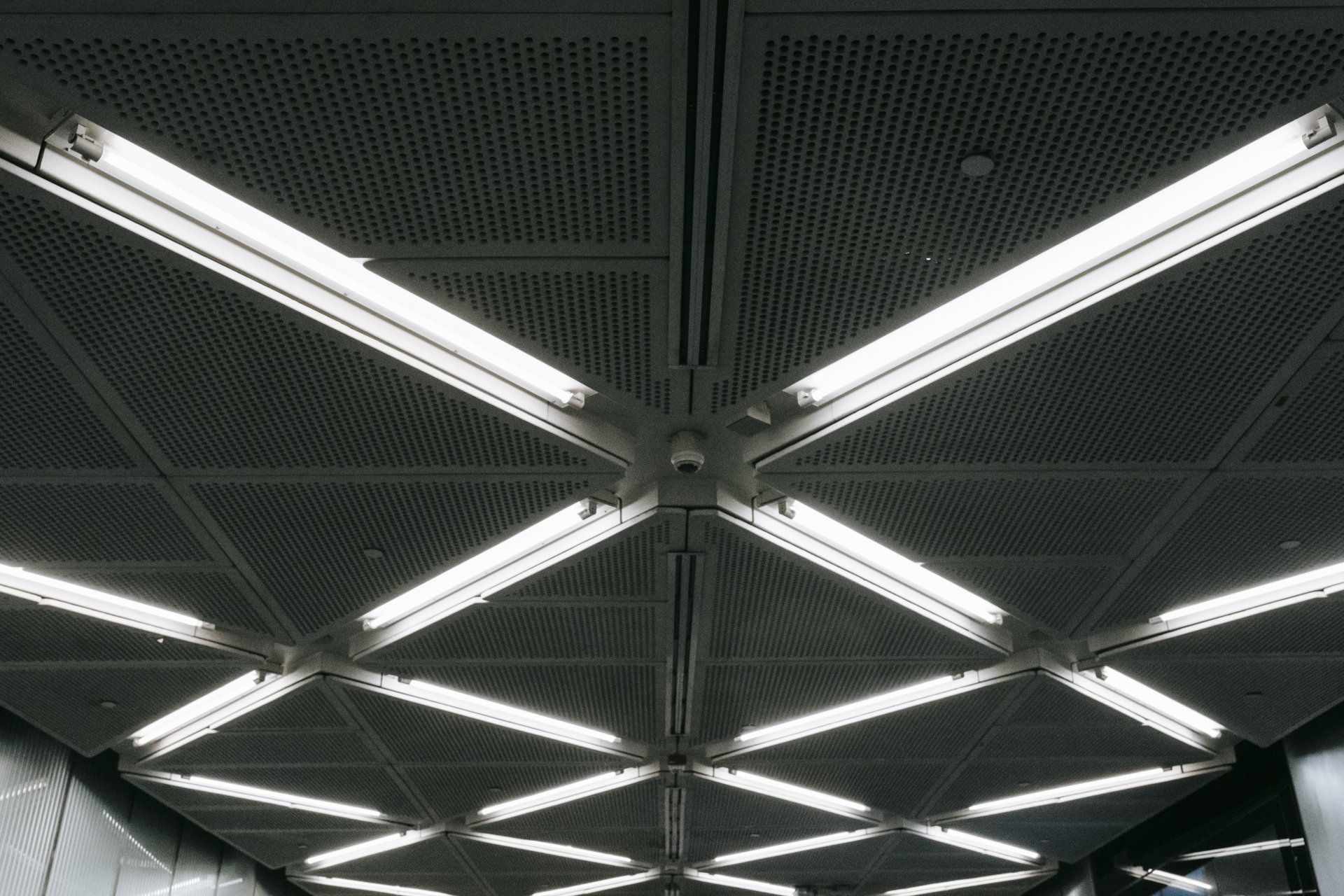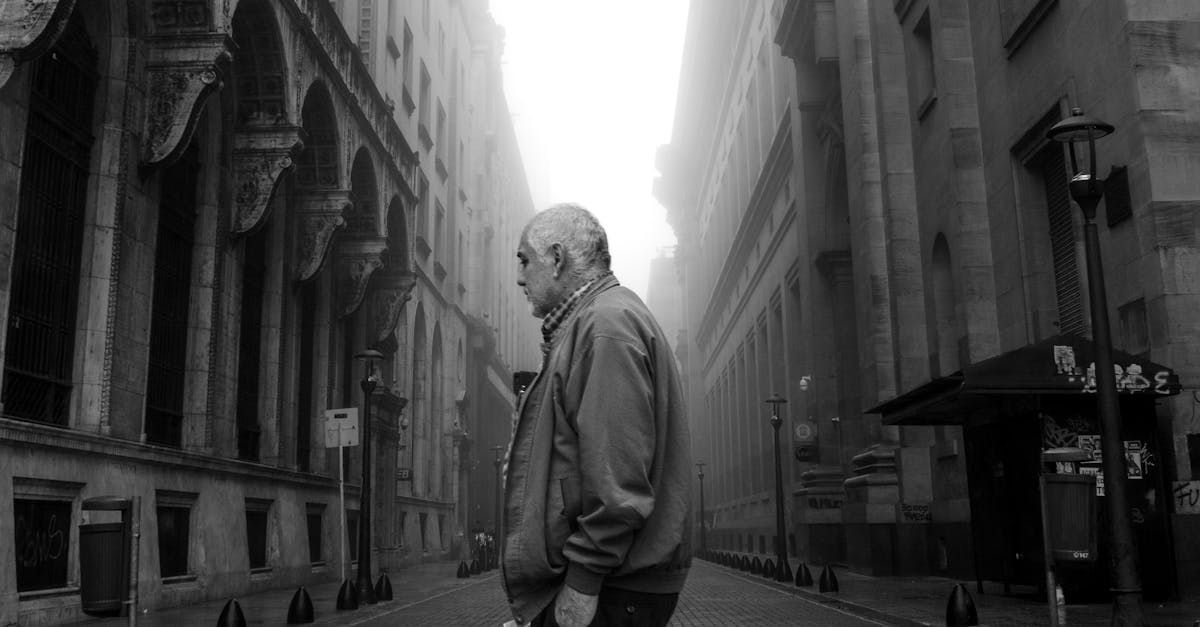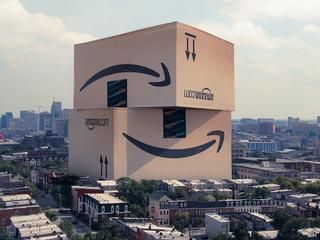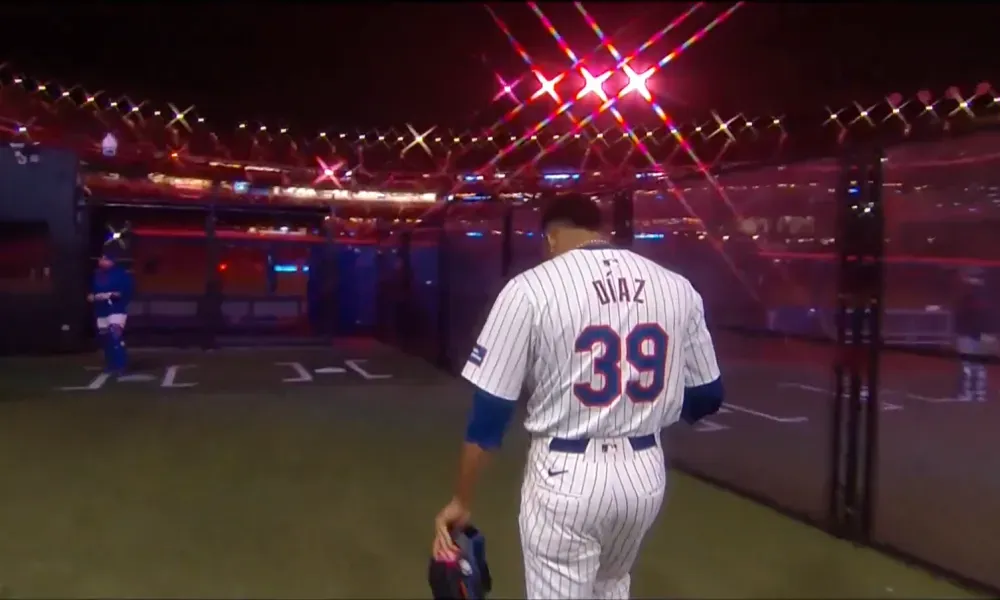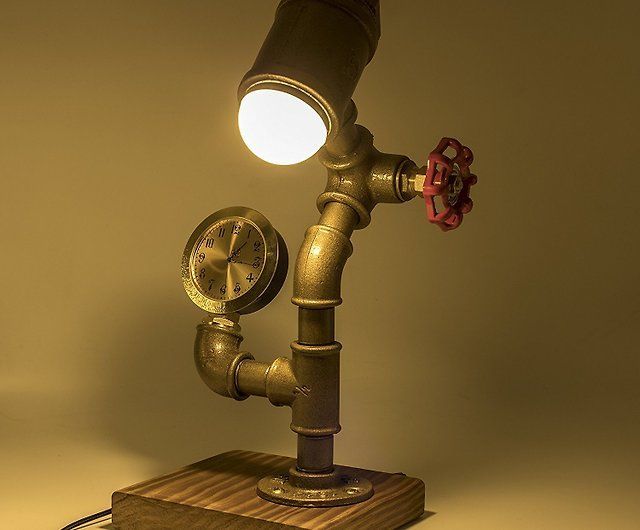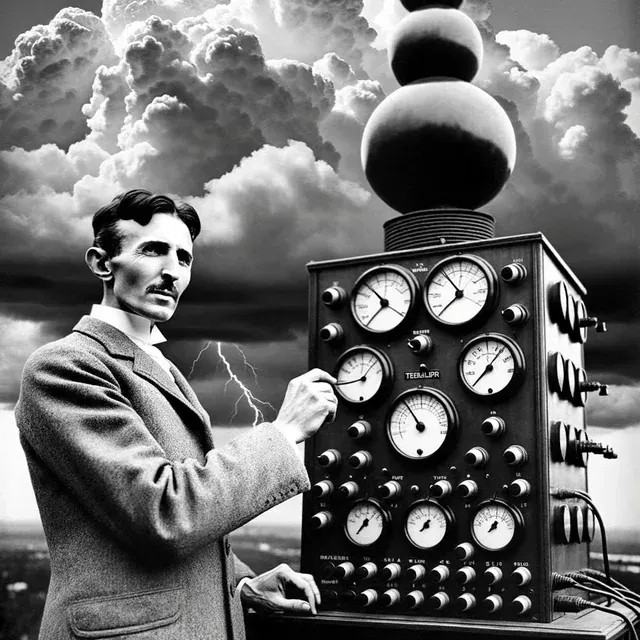New Environmental Rules for NYC Co-ops and Condos
Several new environmental regulations are set to impact multifamily co-op and condo communities in New York City. These include Local Law 157, which pertains to natural gas detectors, and Local Law 88, as amended by Local Laws 132 and 134, which mandates lighting system upgrades and submetering for commercial tenants. The final rules for Local Law 157 were published on February 14, 2024, and the compliance deadline for Local Law 88 is December 31, 2024.
"These rules have been anticipated for some time," says William McCracken, a partner at the NYC-based law firm Morritt Hock & Hamroff, regarding Local Law 157. "The New York City Council passed Local Law 157 in 2016 following the fatal East Village and East Harlem gas explosions. It directed the Department of Buildings (DOB) to create a natural gas detector requirement once an industry standard was developed, which occurred in 2022, leading to the DOB's rule."
"Local Law 88 is somewhat unusual because its main requirements are now common sense and standard practice for well-managed buildings," McCracken adds. "In 2024, it's clear that LED lights are much more efficient than incandescent bulbs and quickly pay for themselves after installation."
Vigilance Required
Co-op and condo boards should not assume compliance merely because they have converted to LED lighting. Associations and corporations must ensure that their entire building’s lighting system adheres to New York City’s Energy Conservation Code. This includes installing compliant interior and exterior lighting, lighting controls, and tandem wiring.
Regarding submetering, associations and corporations must install electrical submeters and provide tenants with regular, accurate energy use readings. This information aims to encourage tenants to reduce their energy consumption.
For Local Law 157, condo and co-op boards should work with their management companies to coordinate compliance with the new rules. Boards should note that there are various types of compliant detectors, some of which, though more expensive, might reduce the risk of false alarms leading to gas shutdowns. McCracken advises his clients to amend house rules and alteration agreements to inform residents about the mandatory installation of natural gas detectors.
Local Law 88 also includes a highly technical requirement: installations must be certified by a registered design professional, licensed master electrician, or special electrician and filed with the Department by January 1, 2025. "Therefore," emphasizes McCracken, "any building that has not yet hired a specialist consultant to oversee the upgrades and certify the work should do so immediately."
